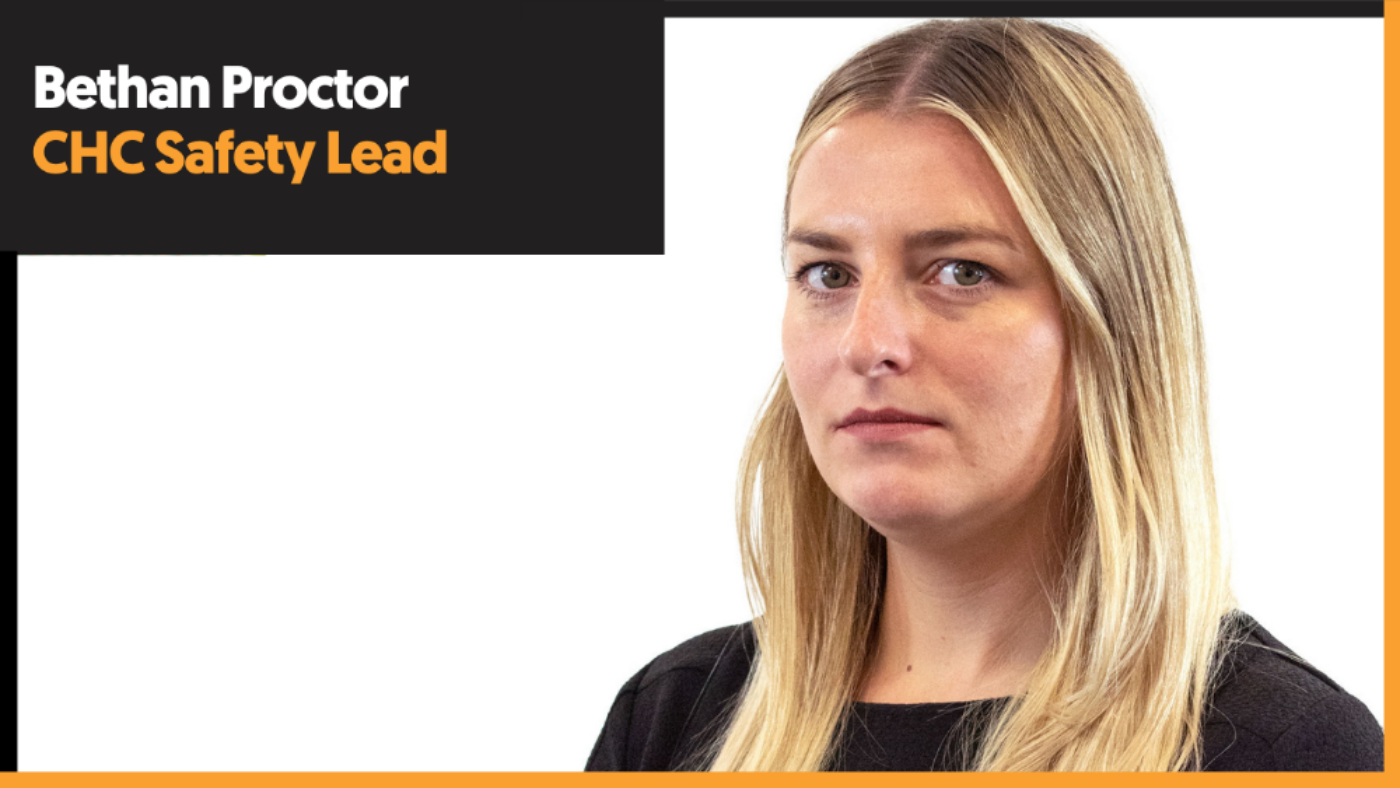Grenfell 8 years on: What’s next for building safety in Wales?

On 14 June 2017, a fire broke out in Grenfell Tower in London, leading to the loss of 72 lives. Eight years on, we reflect on the changes that have taken place in the housing association sector, and what’s next for building safety in Wales.
Soon after the tragedy, the UK Government commissioned Dame Judith Hackitt to undertake a review of Building Regulations and Fire Safety, also known as the Hackitt Review.
It identified a number of significant failures and made recommendations for a more robust regulatory system.
In response, the Welsh Government convened a Building Safety Expert Group, which CHC were a member of, and this published ‘A Road Map to safer buildings in Wales’.
Primary Fire Authority Scheme
In 2019, we launched the UK’s first co-ordinated fire safety partnership for housing - the Primary Fire Authority Scheme.
It was established in partnership with South Wales Fire and Rescue Service as a response to the increasing focus on building safety since Grenfell.
The scheme provides housing associations with consistent fire regulation ultimately improving tenant safety and reducing the administrative burden on housing associations which was previously created through interactions with multiple fire authorities.
The scheme has significantly improved relationships with the Fire Service and also offers tailored advice to housing associations as well as training for housing associations staff.
The Primary Fire Authority Scheme (PFAS) provides housing associations with consistent fire regulation, ultimately improving tenant safety and reducing the administrative burden
Safety First in Housing
In 2020, we launched a safety transparency offer - Safety First in Housing,
which supports housing associations to achieve and maintain a transparent approach to health and safety with their residents.
It was the first of its kind in the UK and was developed in partnership with Welsh Government. It is based on three core principles: transparency, openness, and accountability.
The framework gives housing associations the flexibility to support their tenants and ensure safe and healthy home environments, in a way that is most appropriate for the culture and practices of their organisation.
What's next?
Inequality in housing remains a challenge that housing associations are working hard to tackle, but steps have been taken to ensure this kind of tragedy never happens again. This includes the work that we outlined above but also legislative changes such as the Building Safety Act, which became law in England in 2022.
In Wales, we are expecting building safety legislation to be introduced later this summer. Alongside the Homelessness and Social Housing Allocation (Wales) Bill, it will be one of the most important pieces of legislation to go through the Senedd before the 2026 elections.
In preparation for the new legislation and the reform of the building safety regime it is likely to bring, we have produced a number of resources for our members, including this briefing from November 2024 (PDF, open to CHC member organisations only) and a webinar with our commercial partners Hugh James.
Once the legislation is published, we will work with our members and partners to interrogate it in detail, ensuring its implementation does not lead to unintended consequences.
We will also support our member housing associations as they incorporate the legislation into their day to day operations so they remain compliant and are able to continue building good quality, affordable homes where tenants are, and feel, safe.
Considerations for boards and governance professionals
At our recent Governance and Risk Conference, Altair Ltd director Olu Olanrewaju shared his thoughts on what boards and governance professionals can learn from Grenfell.
He stressed the importance of professional curiosity, challenging board members to ask questions that others won’t ask and encouraging them to get comfortable with sources of assurance. “Believing what executives tell you isn't good enough...Sources are as important as assurances being given”.
He also noted that “boards need to get outside of traditional engagement methods - it's important for them to have direct contact with tenants too, and see the places where they live”.
Tai Pawb CEO Alicja Zalesinska, reminded attendees that 85% of the people who died in the Grenfell Tower tragedy were from Black, Asian, and Minority Ethnic (BAME) backgrounds, and 41% had disabilities. "This was not accidental. Inequality is entrenched in the housing system”. However, "if inequality is such an intrinsic part of housing...then it should also be part of solutions."